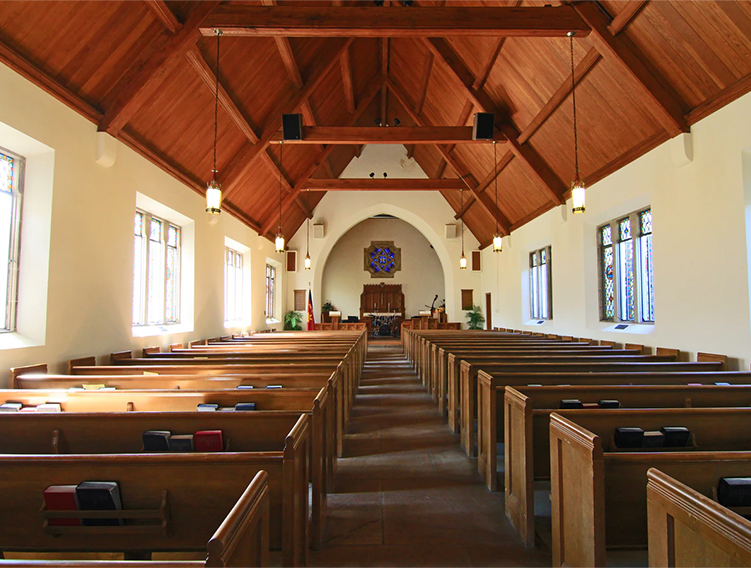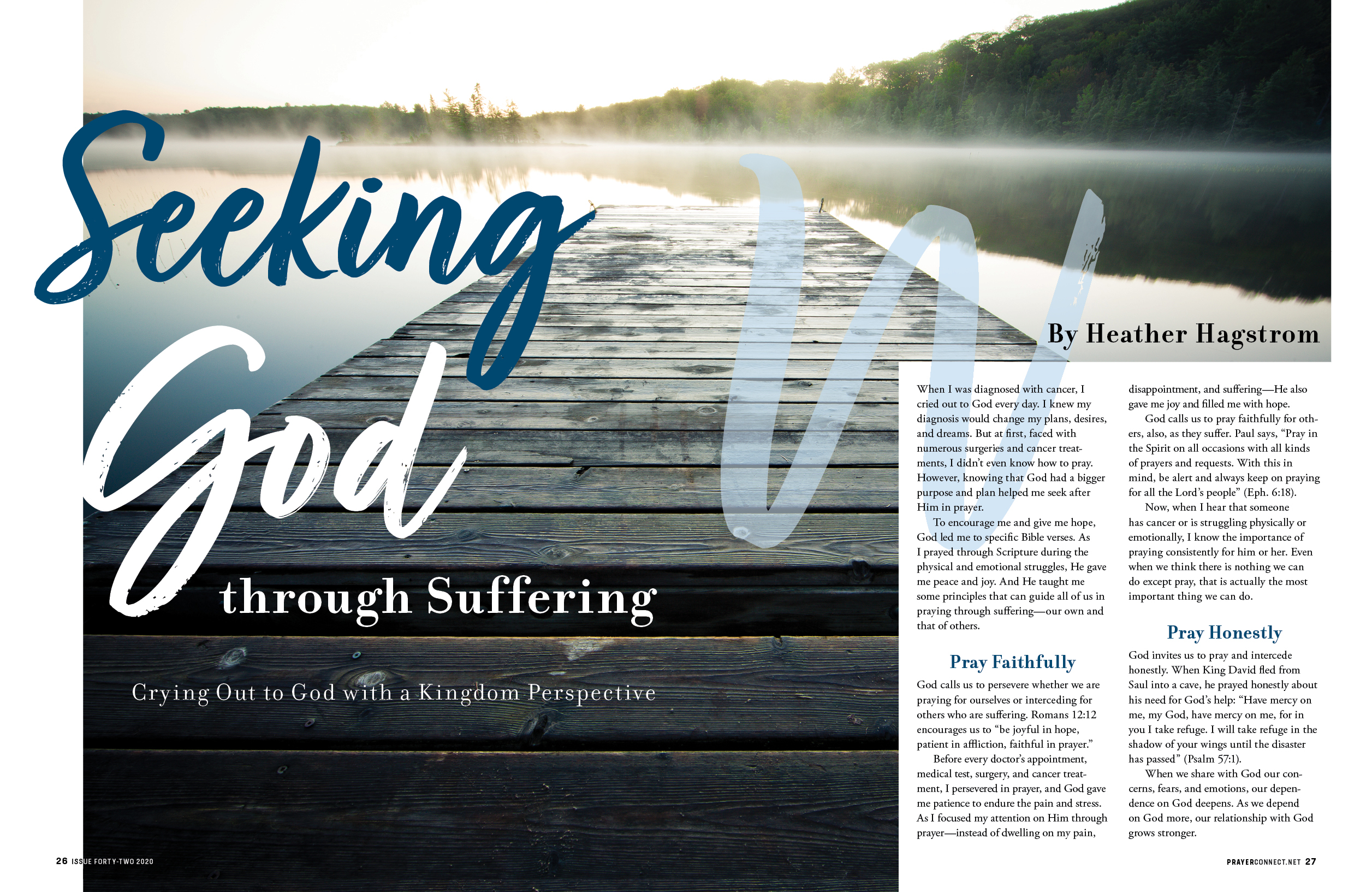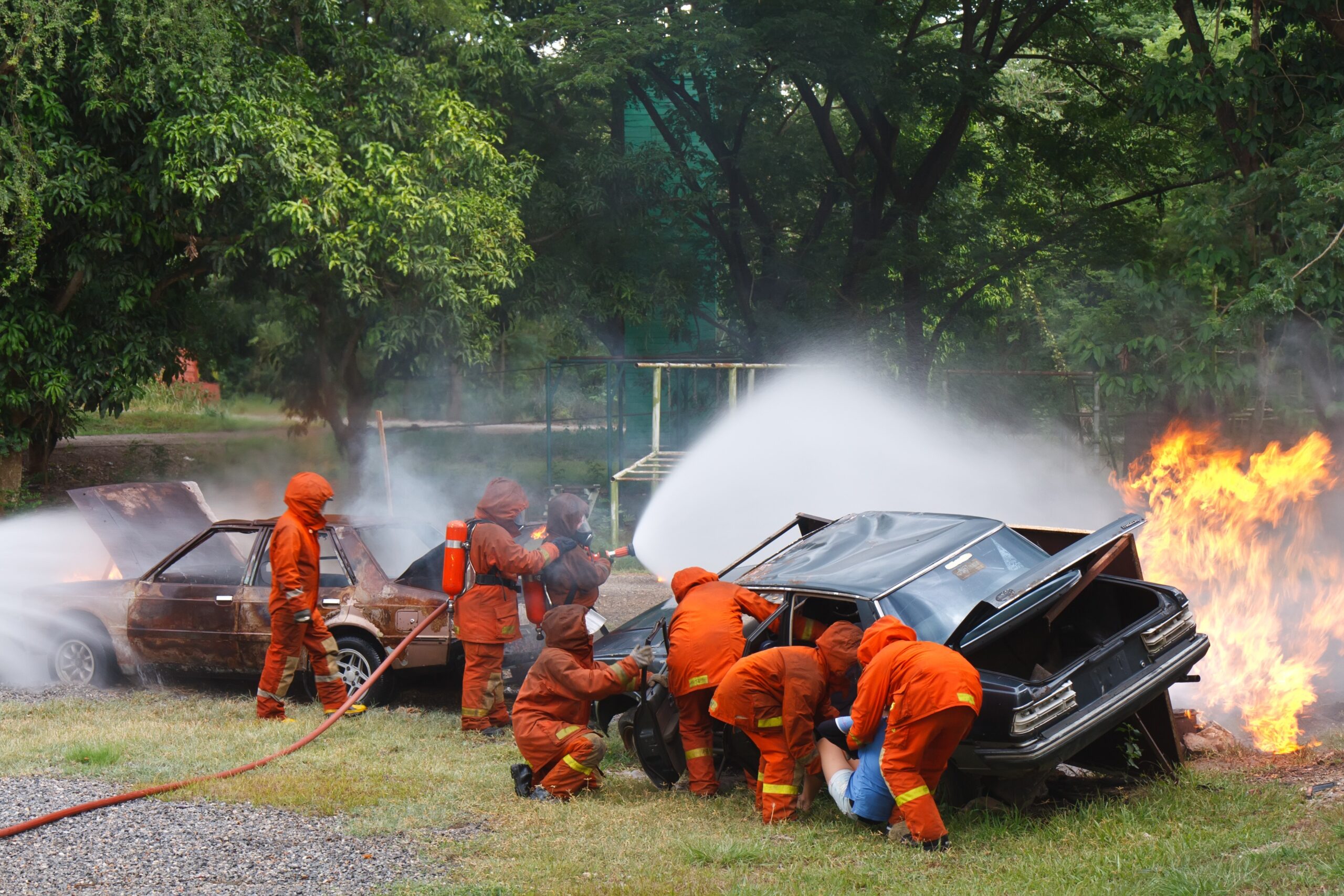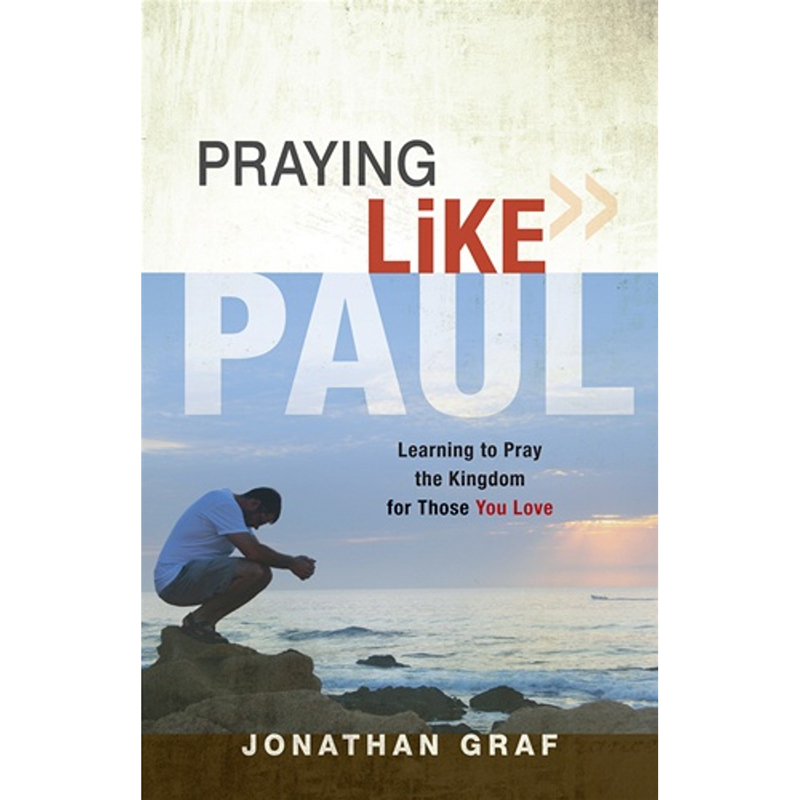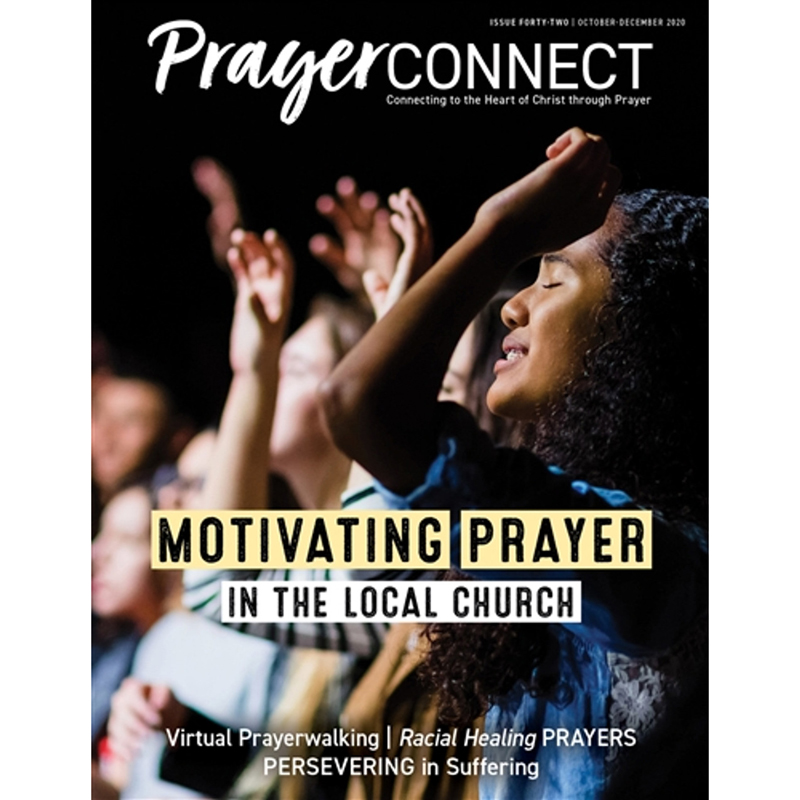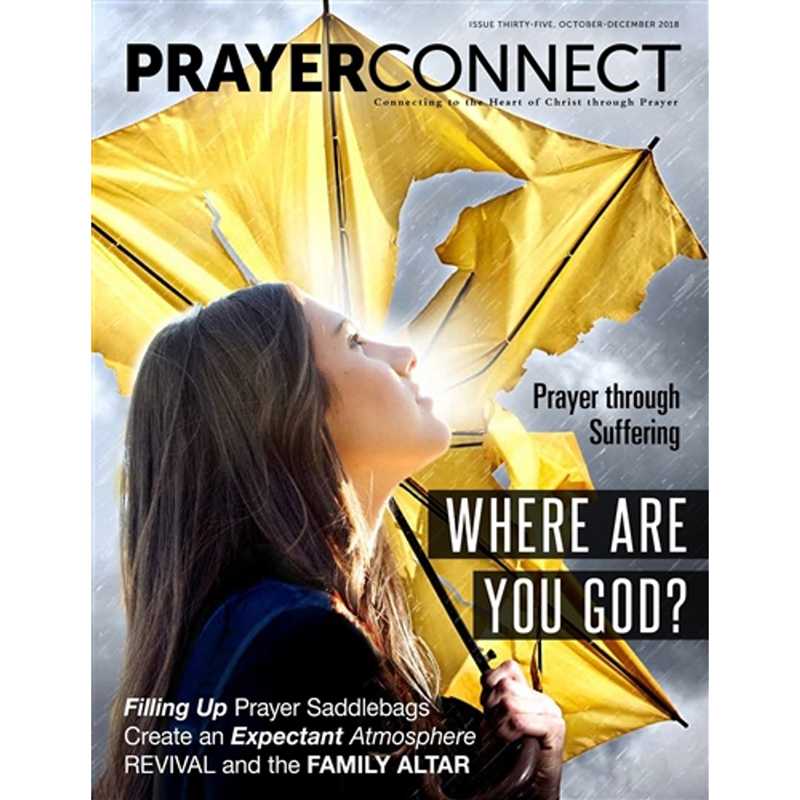Filter by price
Original price was: $11.99.$10.99Current price is: $10.99.
8% Off
Original price was: $8.00.$3.00Current price is: $3.00.
63% Off
Original price was: $8.00.$3.00Current price is: $3.00.
63% Off
About PrayerShop
PrayerShop is a ministry of PrayerShop Publishing, the resource arm of the Church Prayer Leaders Network.
PrayerShop Publishing exists to encourage and equip individuals and local church prayer leaders to grow prayer in their spheres of influence.
Originally developed by the Church Prayer Leaders Network and Harvest Prayer Ministries, PrayerShop Publishing was launched as a publishing house to develop and produce niche books on prayer that focus primarily on growing prayer in the local church.
Contact PrayerShop, Prayer Connect or the CPLN
